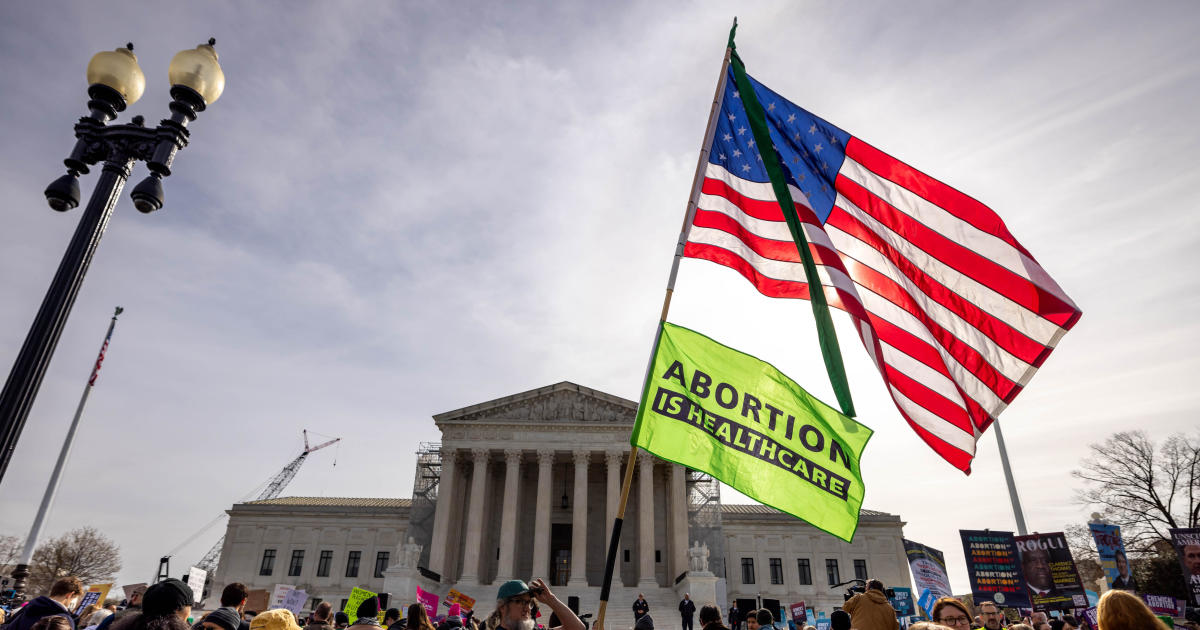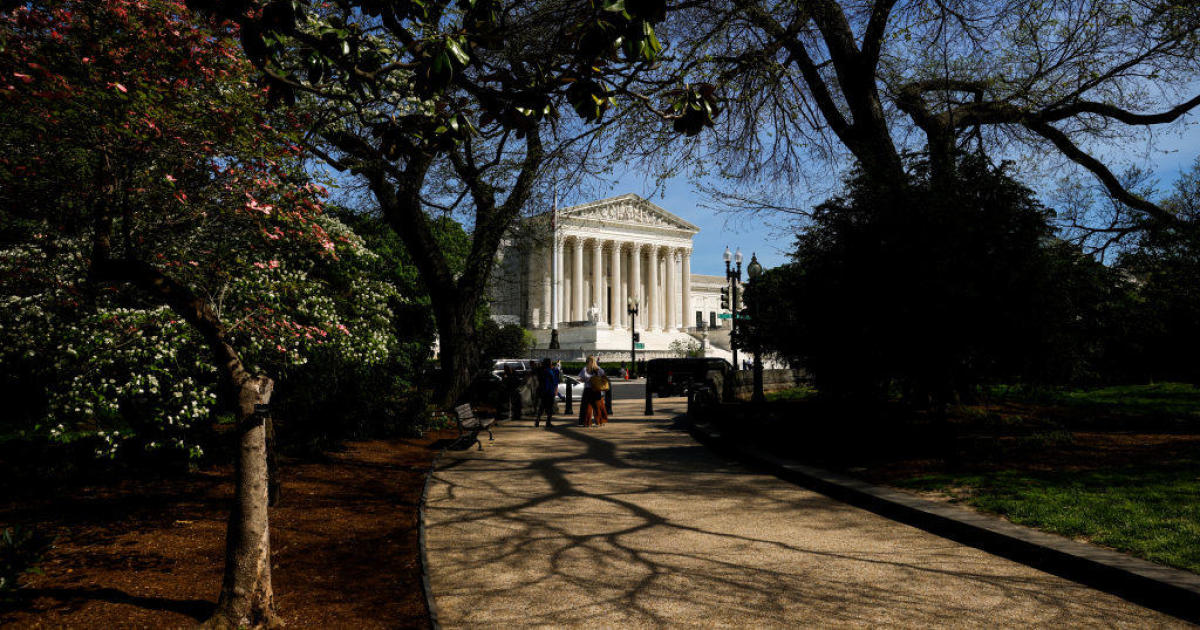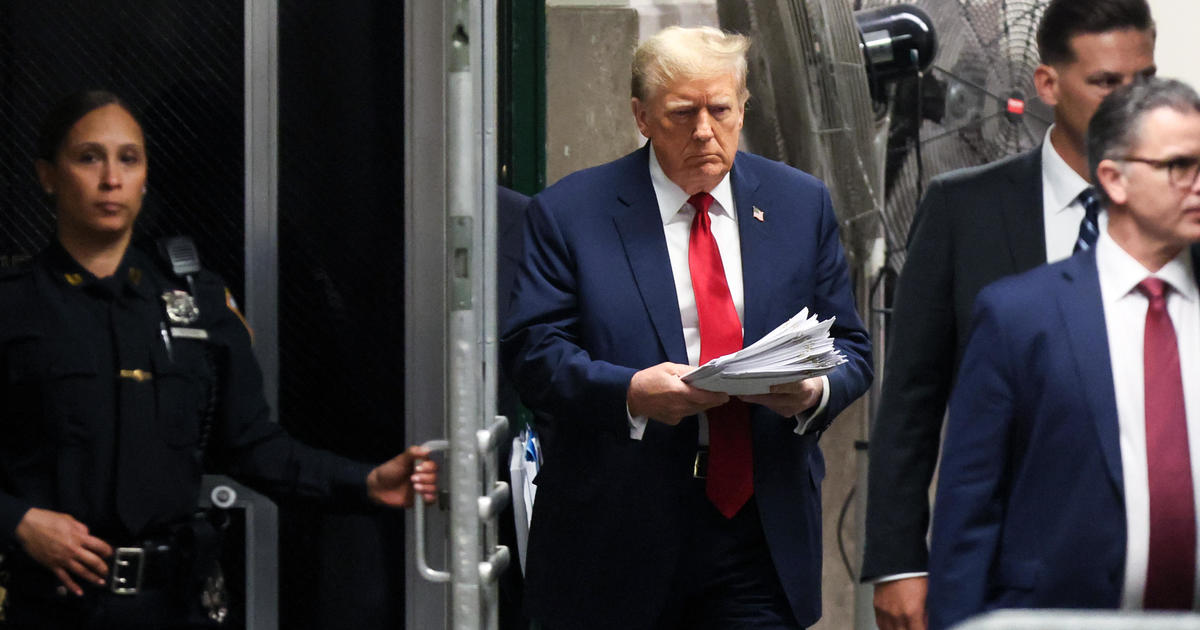Neil Gorsuch confirmation hearing for Supreme Court, day 3
Today is the third day of Neil Gorsuch’s confirmation hearings to become confirmed as a Supreme Court justice. Yesterday Senators grilled him with questions for nearly 12 hours. Today’s hearings will include testimony from outside witnesses.
4:53 p.m. After Sen. Kennedy’s questioning, the hearing has recessed. It will continue in a closed session later Wednesday evening.
4:24 p.m. Grassley announces the senators will recess around 4:50 p.m. for Senate votes, then will reconvene in a closed session. Two more senators remain in this second round of questioning: Thom Tillis (R-North Carolina) and John Kennedy (R-Louisiana).
Gorsuch received questions from Democratic senators ranging from the Court’s ruling on same-sex marriage (from Sen. Chris Coons) to the impact of elections on the Court (from Sen. Mazie Hirono).
2:40 p.m. There was a moment of humor partway into Sen. Ben Sasse’s (R-Nebraska) questioning, when Gorsuch accidentally uttered a word often attributed to President Donald Trump: “bigly.”
Gorsuch was speaking about the drafting of the Constitution, and was attempting to say “big” and “boldly.” However, he merged the two words together, saying “bigly” before correcting himself.
Sasse replied, to laughter from throughout the committee room: “You just said ‘bigly,’ and I just won five bucks.”
Gorsuch laughed, replying, “You embarrassed me in front of my nephew, and he loves it.”
Sasse fired back: “He’s the one paying me the five bucks.”
Shortly after, the committee took a 10-minute break.
1:24 p.m. Senators discussed with Gorsuch a decision of his about learning-disabled students that was just struck down unanimously by the Supreme Court today, Endrew F. v. Douglas County School District. The Supreme Court, according to the AP, supported the rights of learning-disabled students by requiring public schools to offer special ed programs that meet higher education standards. The Tenth Circuit had ruled that the school district had met the minimum standards. Parents of an autistic Colorado teen had brought a case saying that their public school didn’t do enough to help their son make progress. Gorsuch said earlier in the hearing that his panel had reached its decision based on precedent, and defended the unanimous decision of the Tenth Circuit as having depended on precedent. Sen. Amy Klobuchar questioned his decision in the case.
Gorsuch rejected the idea that there’s a correct fore-ordained answer to legal questions. Judges, he told Klobuchar, are trying to make sense of the legal materials -- briefs, laws, precedents, original understanding and try to make sense of it, Gorsuch told Klobuchar.
1:10 p.m. The committee is back in session, and Sen. Mike Lee, R-Utah, has the microphone. He considered the idea that Gorsuch, were he to say too much about his inclinations on a case during his Senate confirmation hearings, could find he’s forced to recuse himself as a result of having said too much.
Gorsuch agreed with Lee and told him he’d studied the confirmation testimony of Ruth Bader Ginsburg, Sandra Day O’Connor, David Souter -- and all of them declined to offer hints or previews of how they’d rule, Gorsuch said
12:32 p.m. The committee recessed for 30 minutes.
12:31 p.m. During an exchange with Sen. Sheldon Whitehouse, D-Rhode Island, Gorsuch said he was distressed to hear that he thinks that the judges or the Supreme Court are an organ of a party.
“I don’t see judging that way. I don’t see the rule of law that way,” he said.
Gorsuch said that judges resolve hundreds of thousands of cases a year almost unanimously and that disputes are limited to a small fraction of cases.
11:50 a.m. Sen. Dick Durbin, D-Illinois, grilled Gorsuch on the Williams v. Jones case that ruled that a defendant is prejudiced when his attorney’s deficient performance leads him to forego a plea deal and face a fair trial. Gorsuch said that the defendant had a “fair trial” and that he believes the 6th Amendment allows for a fair and free trial for everyone.
“That’s not the point,” Durbin said, adding that the defendant was misled by the incompetence of his counsel to turn down a 10-year plea deal and faced a life sentence ultimately.
Durbin pointed out that the Supreme Court ruled that Gorsuch’s position was wrong, and that the Supreme Court decided 5-4 in the case.
10:57 a.m. During an exchange with Sen. Patrick Leahy, D-Vermont, Gorsuch said that the Voting Rights Act was passed in the 1960s “in order to protect the civil rights of Americans.” Asked if he agrees with Justice Scalia’s characterization that it’s a perpetuation of racial entitlement, Gorsuch said, “I don’t speak for Justice Scalia. I speak for myself.”
Gorsuch said he admires Scalia, all of the lawmakers on the committee, the president and others.
“Respectfully, none of you speak for me. I speak for me. I am a judge. I am independent. I make up my own mind,” he said.
10:38 a.m. Gorsuch repeated his comments yesterday that anyone, including the president, who criticizes the honesty and decency of judges, and attacks their motives, is “disheartening and demoralizing.” He said he’s not immune to attacks.
“My hide’s pretty thick. I know that hides of federal judges have to be,” Gorsuch said.
10:25 a.m. Feinstein told Gorsuch that “knowing where you stand on major questions of the day is really important” to the way Democrats will vote.
“That’s why we press and press and press,” she said.
She raised the issue of assisted suicide and said he had made the statement that there’s no justification for having anything to do with encouraging the end of life. Feinstein got personal, speaking about her own father, and it led to an emotional moment with Gorsuch.
10:09 a.m. Feinstein asked Gorsuch to take a look again at documents she provided to him yesterday about something he wrote in the mid-2000s on aggressive interrogation techniques used by the Bush administration. She asked what information Gorsuch had that that the Bush administration’s aggressive techniques were effective.
He said his memory isn’t great, but that he recalls that he took the position of what his clients were telling him and his legal team when he was a lawyer. He said he had no personal information.
10:00 a.m. Grassley first asked Gorsuch about the decision he was a part of that held that a school district didn’t have to pay an autistic student to go to a private school. Gorsuch said that the standard they based the decision on was set by the Supreme Court and additional precedents by the 10th Circuit.
“The panel was applying settled circuit law and Supreme Court law,” Gorsuch said.
Grassley spent a few minutes trying to convince Gorsuch to support the idea of bringing cameras into the Supreme Court to provide greater access to the public. On Tuesday, Gorsuch didn’t make his position on cameras clear.
9:26 a.m. Day 3 of Gorsuch’s confirmation hearing is about to begin. Gorsuch is expected to face a second round of questioning by senators on the committee, and then move onto the next panel of witnesses, who include Nancy Scott Degan and Shannon Edwards -- both of the American Bar Association.
Neil Gorsuch Confirmation Hearing Schedule
- Monday: Opening remarks by the Senate Judiciary Committe members
- Tuesday: Senators questioned Gorsuch directly
- Wednesday: Testimony about Gorsuch by outside witnesses



